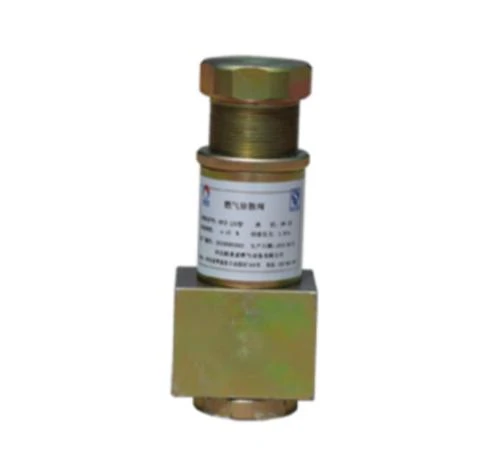
Oct . 05, 2024 12:04
Back to list
gas filtration
Understanding Gas Filtration Principles, Applications, and Advancements
Gas filtration is a critical process utilized across various industries to remove particulate matter, contaminants, and other undesirable elements from gases. This technology is pivotal in ensuring the safety and quality of air in industrial environments, enhancing air purity in residential settings, and contributing to environmental sustainability by mitigating air pollution. In this article, we will explore the principles of gas filtration, its applications, and the latest advancements in this field.
Principles of Gas Filtration
Gas filtration operates on the basic principle of separating impurities from a gas stream. The filtration process generally involves passing the gas through a filter medium that captures particles, aerosols, and other contaminants. The effectiveness of a gas filter depends on several factors, including particle size, filter media characteristics, flow rate, and the physical and chemical properties of the contaminants.
There are several types of filtration mechanisms
1. Mechanical Filtration This is the most common method where larger particles are physically trapped by the filter medium. The size of the pores in the filter determines the particle size that can be captured.
2. Electrostatic Precipitation In this method, an electric charge is applied to particles in the gas stream, causing them to adhere to charged plates or filters, effectively removing them from the gas flow.
3. Adsorption This process involves the adherence of gas contaminants onto the surface of a filter medium, often using materials like activated carbon, which are highly effective due to their large surface area.
4. Chemical Filtration This involves chemical reactions between the contaminants and the filter medium, resulting in the neutralization or transformation of harmful substances.
Applications of Gas Filtration
Gas filtration systems are employed across a wide range of industries including
- Manufacturing In sectors such as pharmaceuticals, food processing, and automotive manufacturing, gas filtration is vital to maintain air quality and ensure compliance with health and safety regulations.
gas filtration

- Environmental Protection Gas filters are instrumental in minimizing emissions from industrial processes, contributing to cleaner air and a reduction in greenhouse gas emissions. They are essential in the treatment of flue gases in power plants and waste incineration facilities.
- Healthcare In hospitals and laboratories, gas filtration helps to create sterile environments, essential for patient safety and the integrity of research
.- HVAC Systems In residential and commercial buildings, gas filtration systems are used to improve indoor air quality by removing allergens, dust, and pollutants from the air.
Advancements in Gas Filtration Technology
Recent advancements in gas filtration technology have focused on improving efficiency, reducing energy consumption, and developing eco-friendly materials. Some of the notable innovations include
- Nanotechnology The application of nanomaterials in filter media has shown promising results in enhancing filtration efficiency. Nanofibers can trap smaller particles more effectively than traditional materials.
- Smart Filtration Systems The integration of sensors and IoT (Internet of Things) technology in gas filtration systems allows for real-time monitoring and automated adjustments based on air quality data. This not only enhances performance but also extends the life of the filters.
- Biological Filtration Emerging research in biological filtration employs living organisms to filter and degrade harmful gases, offering a sustainable alternative to conventional methods.
- Regenerative Filters These filters can be cleaned and reused multiple times, significantly reducing waste and operating costs in long-term use.
Conclusion
Gas filtration is an indispensable technology that plays a crucial role in safeguarding public health, preserving the environment, and enhancing industrial processes. As industries continue to evolve and face new challenges, ongoing research and technological advancements will likely lead to more efficient, sustainable, and innovative filtration solutions. By understanding and investing in gas filtration technology, we can work towards a cleaner and healthier future for all.
Latest news
-
Safety Valve Spring-Loaded Design Overpressure ProtectionNewsJul.25,2025
-
Precision Voltage Regulator AC5 Accuracy Grade PerformanceNewsJul.25,2025
-
Natural Gas Pressure Regulating Skid Industrial Pipeline ApplicationsNewsJul.25,2025
-
Natural Gas Filter Stainless Steel Mesh Element DesignNewsJul.25,2025
-
Gas Pressure Regulator Valve Direct-Acting Spring-Loaded DesignNewsJul.25,2025
-
Decompression Equipment Multi-Stage Heat Exchange System DesignNewsJul.25,2025

